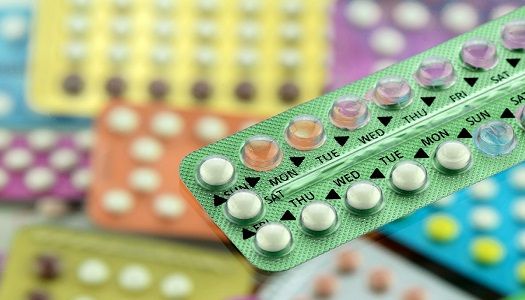Article
Doctors Want Pharmacies to Sell Abortion Pill
Author(s):
Some doctors urge FDA to lift regulations on the so-called abortion pill.

A group of 10 healthcare reproductive experts has pressed US Food and Drug Administration (FDA) officials to loosen the federal regulations associated with mifepristone (Mifeprex/Danco Laboratories), the so-called abortion pill.
Currently, only healthcare providers who undergo a rigorous certification process can dispense the pill in clinics, hospitals, and medical offices — special restrictions still prevent the drug’s sale in pharmacies.
The Mifeprex risk evaluation and mitigation strategy (REMS) group of academics, reproductive health organization leaders, and doctors from Columbia, Princeton, and Stanford Universities wrote an appeal to the FDA in a commentary published Wednesday in the New England Journal of Medicine.
The commentary argued that lifting the FDA regulations could actually increase the number of doctors willing to prescribe Mifeprex, since they’d no longer have to be registered on a list of certified abortion providers just to stock the drugs in their offices. The authors also pointed out that looser guidelines could make medical abortions more available through telemedicine for women who live far from abortion facilities.
The FDA first approved the abortion pill in 2000 to terminate a pregnancy through an induced medical abortion.
Sixteen years later, on March 29, 2016, the agency approved an updated label confirming Mifeprex’s safety and efficacy.
The new approval included many changes: more effective dosing regimen with more misoprostol and less mifepristone, expanding the gestational limit for treatment from 49 to 70 days (days since the first day of a woman’s last menstrual period), removing mandatory in-person follow-up, removing language specifying the prescriber must be a physician, and eliminating the need to report nonfatal side effects.
The approved dosage is a three-pronged process:
- Day one: orally take 200mg of Mifeprex at a medical facility
- 24 to 48 hours after taking Mifeprex: inject 800mcg of misoprostol in the cheek at home
- Seven to 14 days after Mifeprex administration: follow-up with the healthcare provider
While the REMS group agreed the 2016 label update would reduce confusion about the appropriate use of the drug and would help make abortion less expensive and more convenient, they urged the FDA to take things a step further and allow for drug distribution in pharmacies.
“I don’t think it will increase the number of abortions. It will just make them safer and more accessible,” Paul Blumenthal, MD, Stanford University School of Medicine said in a report from STAT News.
The group understood the necessity to confirm patients are no more than 10 weeks pregnant and suggested they could get an ultrasound in a radiology center without first needing to visit the prescriber.
The authors said that among the more than three million women who have used Mifeprex, only 19 deaths had been reported to the FDA — a death rate of 0.0006%, which is less than the estimated 0.004% death rate from erectile dysfunction drugs.
Evidence in the commentary even suggested that wider access to this drug could reduce the demand for induced abortion in the second trimester. According to federal data, this could help shift toward early pregnancy terminations, when they are reportedly safer and “more publicly accepted."


